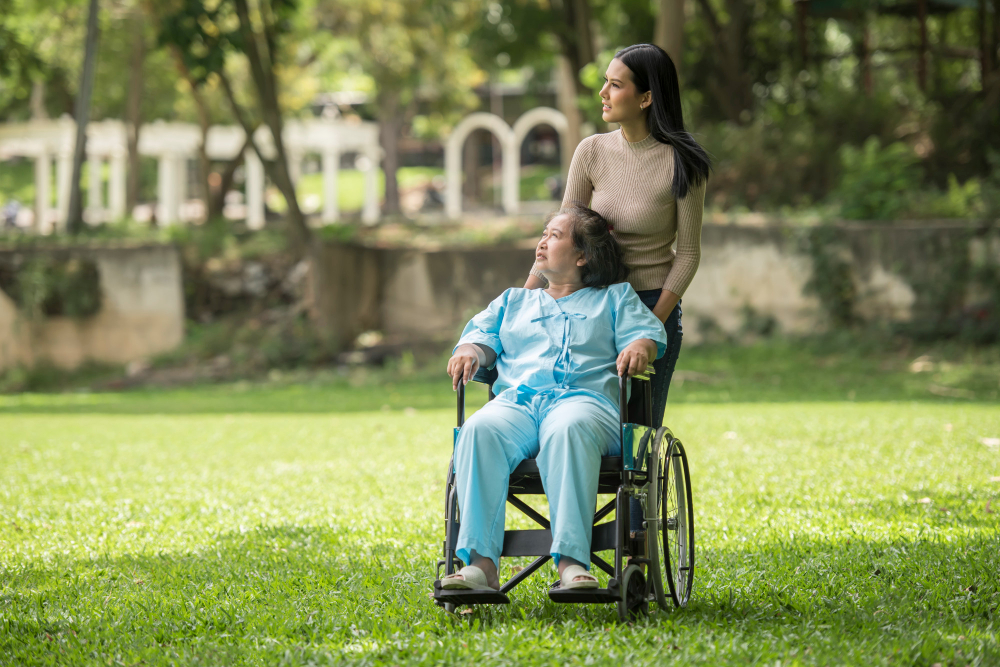
DIPLOMA IN DISABILITY CARE
Course Abstract
This diploma is designed to prepare learners for compassionate, competent, and compliant support of individuals with physical, intellectual, and developmental disabilities across residential, community, and clinical settings. Grounded in UK health and social care standards, the course emphasizes person-centred care, communication, safeguarding, and empowerment.
Learners will gain practical skills in assisting with daily living, promoting independence, managing challenging behaviours, and supporting individuals with conditions such as autism, cerebral palsy, Down syndrome, and acquired disabilities. The curriculum integrates ethical frameworks, cultural sensitivity, and legal responsibilities, preparing graduates to work confidently within multidisciplinary teams.
Graduates will be qualified to work as disability support workers, personal care assistants, inclusion aides, or rehabilitation assistants in care homes, schools, hospitals, and community services. The diploma also serves as a foundation for progression into nursing, occupational therapy, or advanced disability services.
Core Modules
| Module Title | Key Focus |
|---|---|
| Understanding Disability | Types, causes, and social models of disability |
| Person-Centred Support | Individualised care planning and autonomy |
| Communication Strategies | Verbal, non-verbal, and assistive technologies |
| Promoting Independence | Daily living skills, mobility, and self-care |
| Safeguarding and Protection | Abuse prevention, reporting, and legal duties |
| Supporting Mental Health | Emotional wellbeing and behavioural support |
| Equality and Inclusion | Anti-discrimination and cultural competence |
| Health and Safety | Risk assessment, infection control, and manual handling |
| Supporting Learning Disabilities | Cognitive support and adaptive techniques |
| End-of-Life and Palliative Support | Comfort, dignity, and family involvement |
Optional modules may include assistive technology, sensory impairment, epilepsy management, and transition planning for young adults with disabilities.
Duration
- Typical Completion Time: 6–12 months (flexible study options available)
- Guided Learning Hours (GLH): ~370–450 hours
- Total Qualification Time (TQT): ~500–600 hours
- Includes supervised work placement or volunteering in disability care settings
Eligibility Criteria
- Minimum Age: 16 years
- Academic Requirements: No formal qualifications required; Level 2 English and Maths recommended
- Work Placement: Required—learners must be working or volunteering in a care environment to demonstrate competence
- Language Proficiency: English sufficient for documentation and communication
- Accreditation: Courses may be regulated by Ofqual and delivered by providers such as NCFE CACHE, OTHM, or Open College UK
